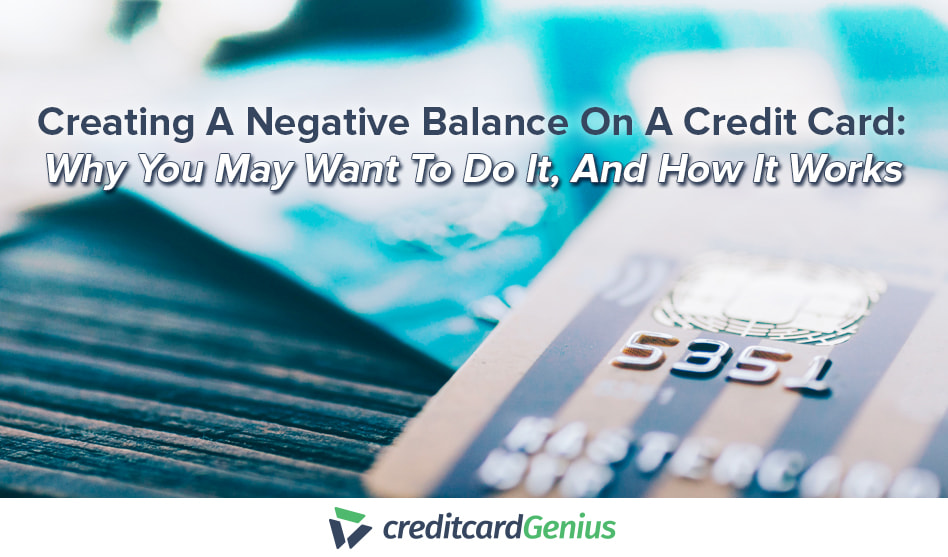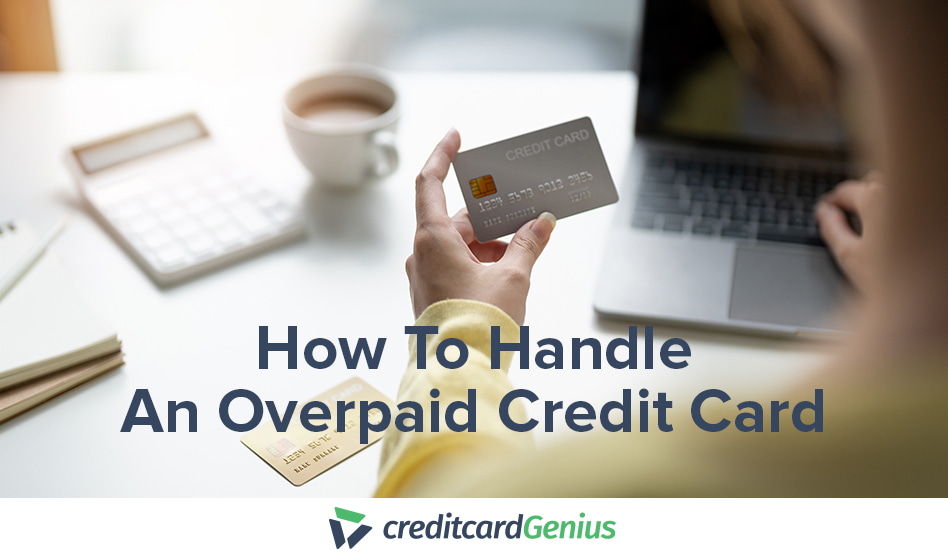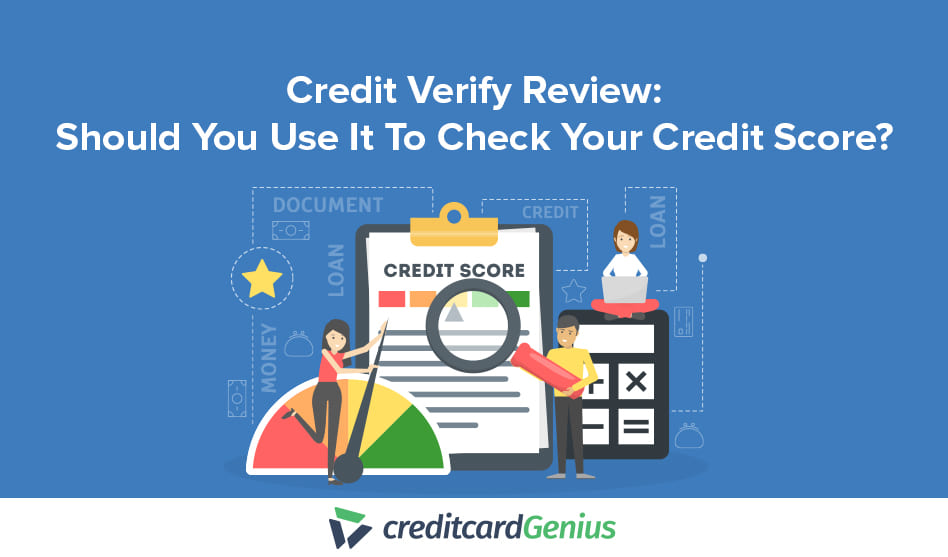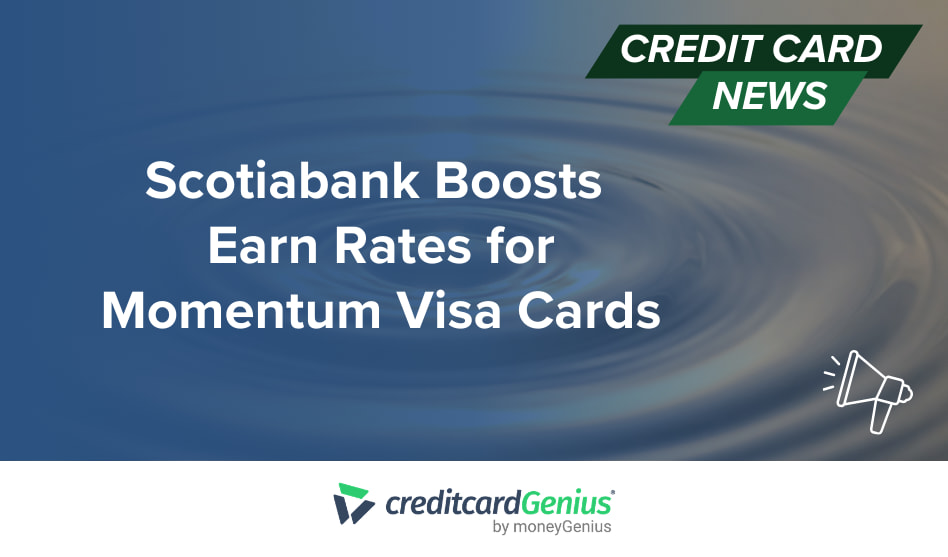An overpaid credit card means your account has a negative balance, and your credit card issuer owes you money. You can request a refund via cheque or direct deposit or continue using your card as usual.
Although overpaying your credit card isn’t a huge issue, it can tie up funds that you might prefer to have available in your bank account. In this article, we’ll explore how overpayments happen and how to prevent them in the future.
Key Takeaways
- Overpaying your credit card means paying your credit card issuer more money than you owe.
- Credit card statements indicate a negative account balance with a minus symbol or brackets.
- If you’d like a refund for your overpayment, contact your credit card issuer directly.
- Your credit card’s negative balance will automatically apply to future purchases if you continue to use your card as usual.
Never miss an amazing deal again + get our bonus 250+ page eBook for FREE. Join 50,000 other Canadians who receive our weekly newsletter – learn more.
How to tell if your credit card is overpaid
A negative balance on your statement or account indicates that you’ve got an overpaid credit card. Negative balances are written with a minus symbol or brackets: -$500.00 or ($500.00).
Most overpayments happen accidentally. Your card could be overpaid because:
- A merchant issued you a refund
- You made a manual payment on top of an automatic payment
- Your credit card issuer corrected or adjusted a charge or fee
- Your credit card issuer reversed a fraudulent charge
What to do if you overpay your credit card
As we said, most overpayments are accidental, and every credit card issuer has a process for dealing with overpayments. Here’s how to recover your cash.
Ask for a refund
To get a refund, contact your credit card issuer directly by phone, e-mail, or webchat. Most banks are happy to provide either a cheque by mail or direct deposit, but keep in mind that most transactions take 24 to 72 hours to process.
Spend the overpayment
The simplest way to deal with an overpayment is to spend it. Every purchase you make will subtract from the negative balance on your account until it disappears.
You can also ask for a cash advance or make a large purchase. As long as the amount you withdraw is smaller than the overpayment, you won’t pay interest – and the negative balance will effectively increase your credit spending limit for as long as it lasts.
How to avoid overpaying your credit card
Overpaid credit cards are often the result of cardholder errors, but they can be easily avoided with careful attention. By adopting some smart practices and setting up preventative measures, you can avoid overpaying your card and keep your finances on track. Here are some ideas:
- Double-check your statement and payment amount before paying: Verify the balance on your card statement before making a payment - this includes interest charges, fees, or any other adjustments. If you’re making payments manually, review them before you send them.
- Set up automatic payments: If your card issuer allows it, you can set up automatic payments to ensure you bill is paid on time and with the correct amount every month. Set up a system that pays the minimum or a specific fixed amount each month. Some issuers even let you set up the entire statement balance as an automatic payment, which is the ideal option.
- Wait 2-3 days for payments to process before making another payment: You’ll want to give any payments you’ve made some time to clear. Credit card payments take 1-3 business days to process, which can result in overpayment if you made another payment before those balances update.
- Create a strategy for debt repayment: Instead of paying randomly, develop a budget to tackle your credit card debt. You can prioritize paying off the balance in full to avoid interest charges or create a budget that allows you to pay more than the minimum, to help you reduce debts faster.
- Set payment reminders or alerts: Text notifications or emails that let you know when payments are due or when you’re approaching your credit limit are helpful; take advantage of them so you can adjust your payments accordingly!
- Monitor your account regularly: Checking your credit card statements or using your issuer’s mobile app to track your spending helps you keep track of your expenditures and decide whether you’ll need to adjust any future payments.
- Avoid overpaying out of habit: Overpaying your card to reduce your balance quickly can be tempting. However, you should avoid paying more than what’s due unless you’re intentionally trying to pay off a more significant chunk of debt. Overpaying can tie up cash you may need elsewhere and signal to lenders that you’re experiencing financial hardships.
Is it bad to overpay your credit card?
Overpaying your credit card is usually not harmful, but understanding its potential effects is still a good idea. While it won’t directly harm your credit score, there are certain things to remember regarding the consequences of overpayment.
Overpaying won’t directly impact your credit score
The most important thing to know is that overpaying won’t hurt your credit score. A range of factors determines your credit score, but an overpayment itself doesn’t negatively affect any of them. Instead, the underlying behaviours could play a role in how your credit is viewed.
Take your credit utilization ratio, for example. This number is an essential factor in your score. Overpaying temporarily lowers your utilization ratio, which could slightly improve your score for the time that negative balance remains.
Potential confusion with lenders and credit reporting
Although overpayment occasionally doesn’t hurt your score, repeated overpayments or negative balances might raise some red flags with issuers and lenders. They could see a negative balance as confusing or problematic, especially if you frequently request refunds or don’t use your credit card as intended. This could impact your chances of getting loans or new credit avenues.
Overpayment doesn’t help build credit
While your lower utilization rate can be food for your score in the short term, those effects are temporary. Overpaying is not a long-term strategy for improving your credit. To build a strong credit history, the best approach is to:
- Pay off your balance in full every month
- Keep your credit utilization under 30%
- Make timely payments to avoid late fees and interest
Overpaying is just unnecessary, if not a bad thing. It won’t harm you or your credit issuer, but there are just better ways to manage your finances that’ll help you with your long-term goals.
FAQs
How do you claim an overpaid credit card?
Contact your credit card issuer directly to discuss an overpaid credit card. A customer service representative should be able to see the negative balance or, if the payment has yet to go through, flag your file for later review.
How do you overpay a credit card?
Your credit card can be overpaid after you receive a refund or reward, your bank corrects a fee or reverses a fraudulent charge, or you make too big of a manual payment.
Can I get my money back if I overpay my credit card?
Credit cardholders have the right to recover an overpayment unless they’re indebted to their bank, in which case the full payment will be applied to their debt.
creditcardGenius is the only tool that compares 126+ features of 228 Canadian credit cards using math-based ratings and rankings that respond to your needs, instantly. Take our quiz and see which of Canada's 228 cards is for you.







































Comments
Leave a comment
Required fields are marked with *. Your email address will not be published.